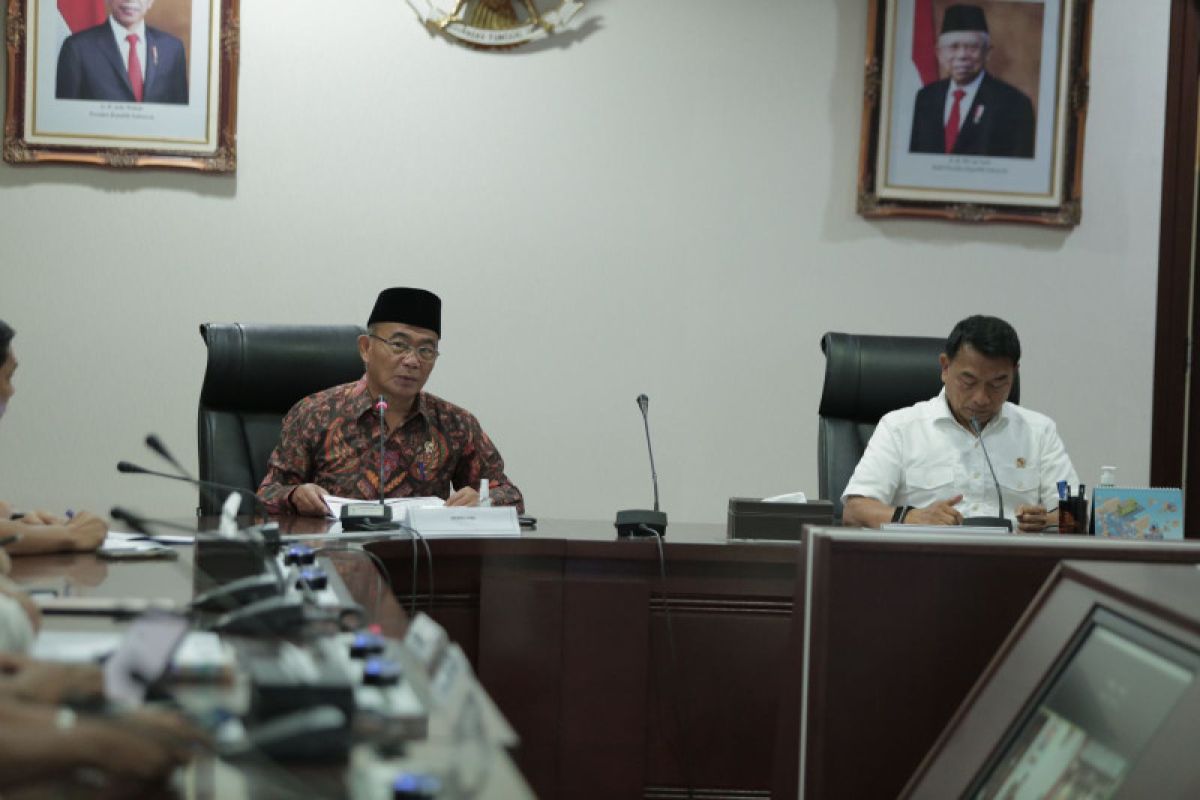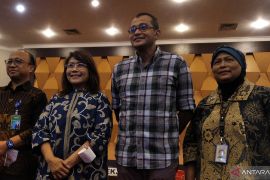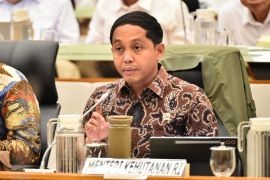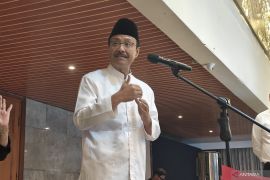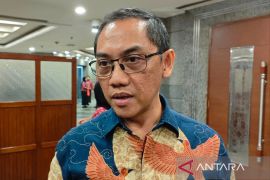"The urgency for the drafting of the PPRT bill is to eliminate discrimination against domestic workers, both social and economic," he said in a written statement issued here on Friday.
In addition, the bill pushes for the fulfillment of the rights and responsibilities of workers and employers, he noted.
According to him, there are five things that need to jointly be paid attention to in the drafting of the PPRT bill.
They are bias (in terms of gender, social class, feudalism, and race); discrimination, namely related to the lack of recognition as workers, which impedes their access to decent work; identity; legal guarantee and certainty regarding rights and responsibilities; and limited access to information, education, and economy.
The minister asked the PPRT Bill Acceleration Task Force to conduct an in-depth analysis of the process of drafting the PPRT Bill to avoid harm to domestic workers.
Meanwhile, head of the Presidential Office Staff (KSP), Moeldoko, said that currently, the government is preparing a presidential letter to be sent to the House of Representatives (DPR) regarding the appointment of government representatives for the deliberations on the PPRT bill with the DPR.
"The presidential letter is currently being processed by the Ministry of State Secretary to be sent to the DPR as soon as possible," the KSP head added.
On March 21, 2023, the DPR approved the PPRT bill as an initiative bill during the House’s 19th plenary meeting of session period IV of the 2022–2023 session year.
The PPRT bill was first proposed in the DPR in 2004.
Related news: Careful preparation needed for PPRT bill deliberations: MPR
Related news: Public support to determine course of PPRT bill deliberations
Related news: PPRT Bill approval as DPR initiative bill marks new chapter: KSP
Translator: Anita Permata, Raka Adji
Editor: Azis Kurmala
Copyright © ANTARA 2023
